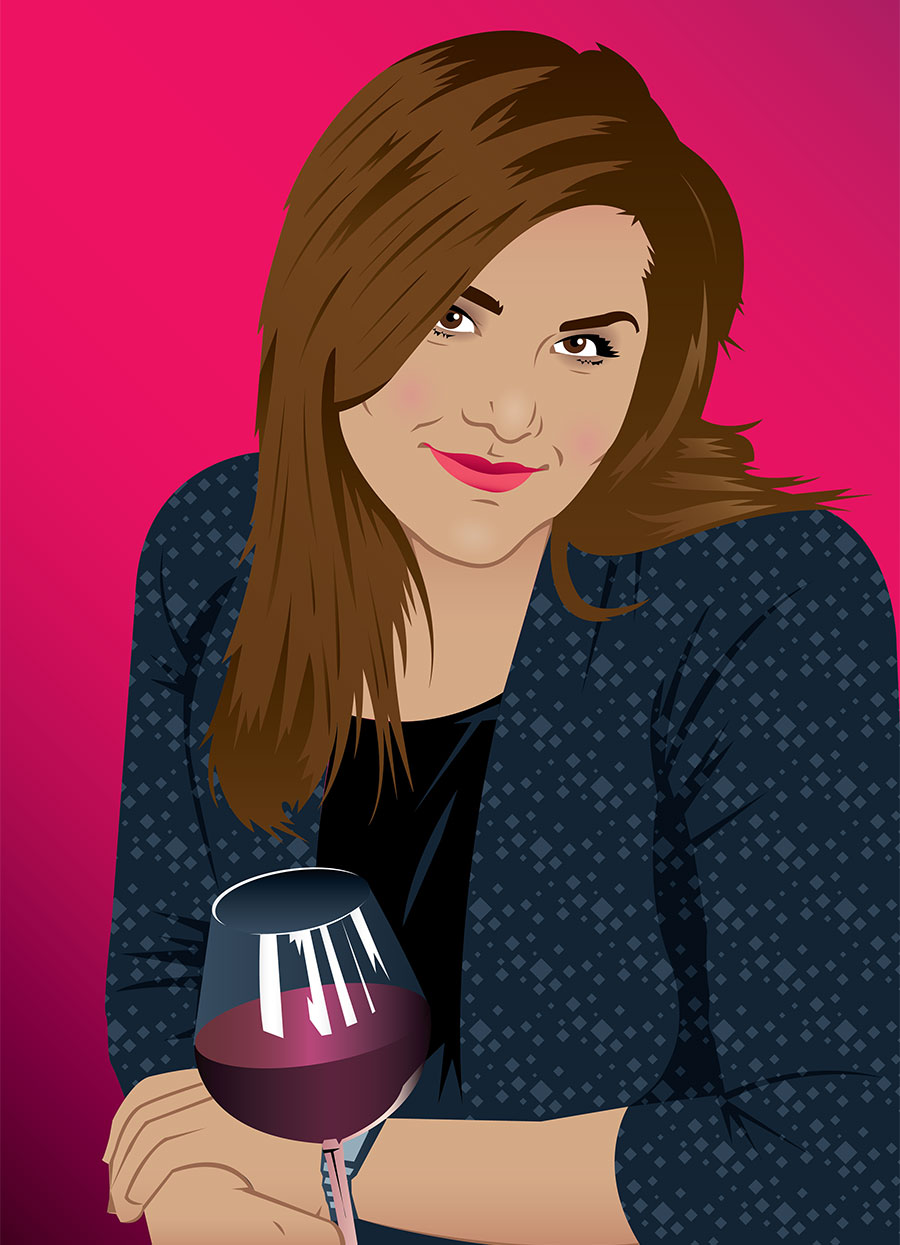■ Chef Jean Joho was very tough on me. At the time, I was like, Why are you doing this to me? After I became a boss, it was, Why did you do this for me? He toughened me up. I was a 23-year-old softy from California. Every day he just broke me down, broke me down. Professionally, not emotionally. I would do something and it wasn’t good enough, so I’d go back and try harder. It was like the movie Whiplash, but not to that level. You don’t realize why your best bosses were a certain way until you get to their position.
■ I think blind arrogance served me well, because I always had the sense that I deserved to be in the room. And if you had a problem with it, well, that was your problem.
■ My parents had a grocery store that failed, and that led to a lot of ramifications in our lives. It led to my parents not having enough money for me to go to college. It led to them having to pick up extra jobs. I remember being outside one day and this guy comes over with a clipboard and says, “Did you know that the mortgage has not been paid for three months? This house is going into foreclosure.” It’s traumatizing to have that financial insecurity at age 13 or 14. And so I work harder than everybody else, because you just don’t know what’s around the corner.
■ My South Asian upbringing was a very patriarchal, restrictive environment. You either fell in line or you rebelled against it. That’s why I moved 2,000 miles away. I can go have a drink and not have some auntie reporting back. I’m 45, I’m not married, I don’t have kids. So to a lot of my mother’s friends, I’m an emotional charity case. But I can’t live my life according to how other people view what’s successful.
■ The Boarding House was my first restaurant, and I felt like I let the staff down [when it closed in 2018]. It was this sense of failure and shame. It got to the point where I felt so defeated that I didn’t want to be in the restaurant business anymore. Then the pandemic happened, and the truth came out about how difficult and demanding this business is. All of a sudden we could all share our vulnerability. It shifted the conversation, and some of us got a reset.
■ Being in the Court of Master Sommeliers, I felt a lot of friction towards me. I’m a very direct, off-the-cuff kind of person. I would make some inappropriate comment or off-color joke and be asked to apologize. It was this cult-like atmosphere where you’re like: I have to fall in line. Because how many apology letters can a person write? And I was totally OK with that. But then I find out decades later that other people did far worse things and weren’t asked to apologize. That’s what angered me. I had been made to feel this entire time like I was the problem. I was too loud. I was too abrasive. I was too caustic. I do not regret my decision to remove myself from that organization one bit.
■ I give talks, some on female empowerment. I used to say, “Listen, the challenge is we don’t believe in ourselves and we’re not putting ourselves in the arena. Go for the promotion, ask for the job, take the chance.” I’ve since amended that advice. Now I say, “Ask yourself: If I were to offer my contributions to this opportunity, would they be taken seriously?”



